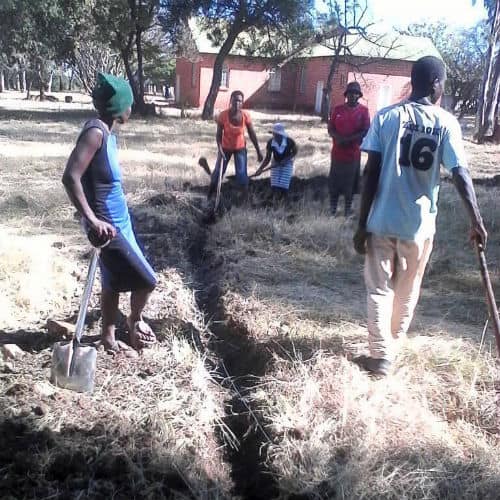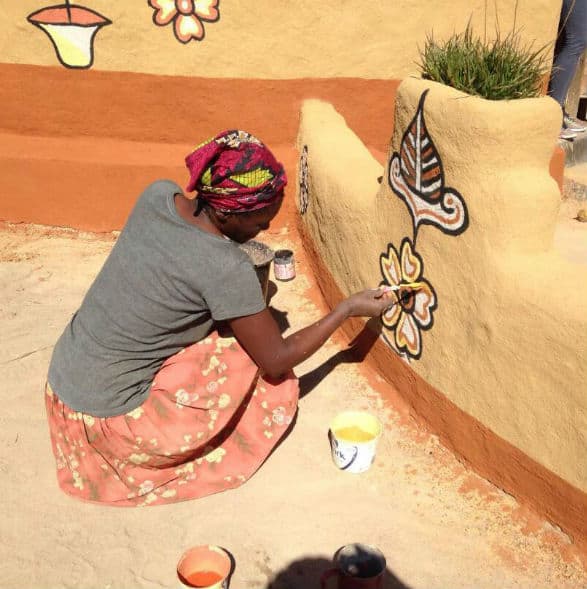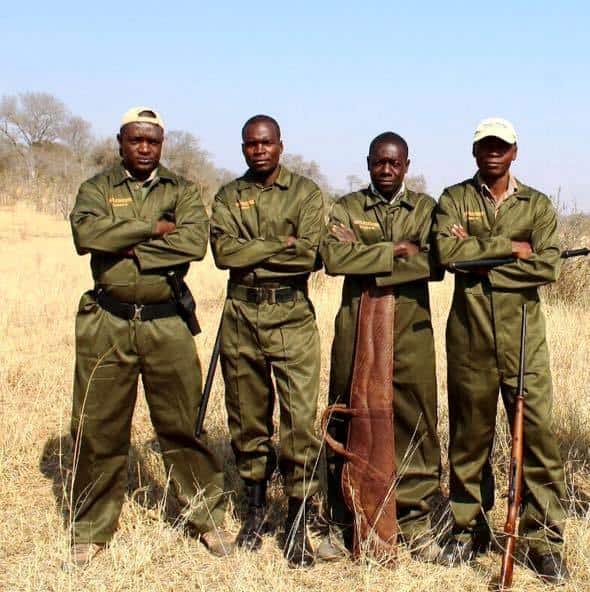Who We Are
Sustainable development of Zimbabwe’s people and environment
Ever since we began in 2006, Mother Africa has worked tirelessly to make a positive and lasting difference in Zimbabwe.
Our Mother Africa trustees have always believed that one person really can make a difference. Like natures development, change is often a gradual and quiet process, and we believe that through some collective care and nurture, the face of this resilient country can alter steadily and sustainably forever…
Today, our dream is an active reality and the Trust continues to go from strength to strength whilst seeking out new opportunities to grow and improve. Research and education projects have already been created and more are in development. You can read more about our specific projects.
One major activity of the Trust is to create “purpose-driven safaris”, tailor-made for people who wish to donate their time and skills to leave a lasting and tangible contribution to Zimbabwe. The idea is to make sure each side in the partnership benefits, sharing knowledge, experience and skills leading to a positive outcome in the form of Community and Wildlife projects.
The Trust aims to act as a “connector,” helping people who can help each other get in touch. The Trust aims to bring mutual acceptance of one’s culture, beliefs and the lives they lead.
Our Deed of Trust aims:
- To source and channel resources for community and wildlife development and conservation linked to enhancing sustainable tourism.
- To support children who have not had the same educational benefits or opportunities in life as others.
- To support orphans and orphanages with financial and other resources.
- To support disabled individuals by providing for some of their demonstrated needs.
- To assist rural schools, clinics, orphanages and individuals with specific needs by linking them with volunteers who can assist with those needs with the permission and cooperation of the relevant departments and authorities.
- To recruit professionals internationally who are willing to donate their time to support remote communities and wildlife projects.
- To support worthy conservation initiatives such as anti-poaching operations to enhance the survival of wildlife for future generations.
- To support the rehabilitation and replanting of indigenous forests.



